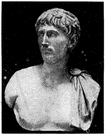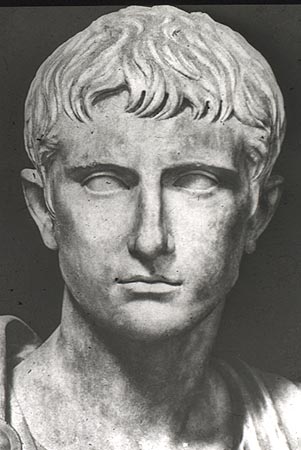Republic - a political untit that is not ruled by a monarch and in which citizens with the right to vote chose their leaders
Gravitas - A person with weightiness or seriousness.
Pater familias - The oldest man in the families
Toga - A form of Roman clothing
Patrician - The upper class families
Plebeian - The common farmers, artisans, and merchants
Legion - Learning to fight Roman - style meant being part of a massive military unit
Century - a period of 100 years
1) The geography of Rome helped Rome because of the many rivers and access to the Mediterranean which let them get goods in and out of the country easily.
2) The Latins, Greeks, and Etruscans were important part of the Roman development because the Latins were the first people to colonize the Roman regions and than came the Greeks, than finally the Etruscans.
3) The values of early Roman society were to be powerful and had great elegance at the same time.
4) The roman household was organized by the women being in charge of it daily. The freedoms that the women had in the family and in society were to be in charge of the families while the guys went out and did all of the dirty works.
5) The army was linked into the Roman society because all male citizens were made to join it.
Tarquin was the last Roman monarch/king










